Everything You Need to Know About Natural Lube
Natural lubricants are becoming increasingly popular as people seek safer, more eco-friendly, and body-friendly alternatives to synthetic products. Whether for personal comfort, intimacy, or medical reasons, natural lubes offer a variety of benefits. Here’s a comprehensive guide to help you understand what natural lube is, its benefits, types, and how to choose the right one for your needs.
What is Natural Lube?
Natural lubricants are products designed to reduce friction and enhance comfort during intimate activities or other applications. They are made from organic, plant-based, or food-grade ingredients, free from synthetic chemicals, parabens, glycerin, and other potentially harmful substances.
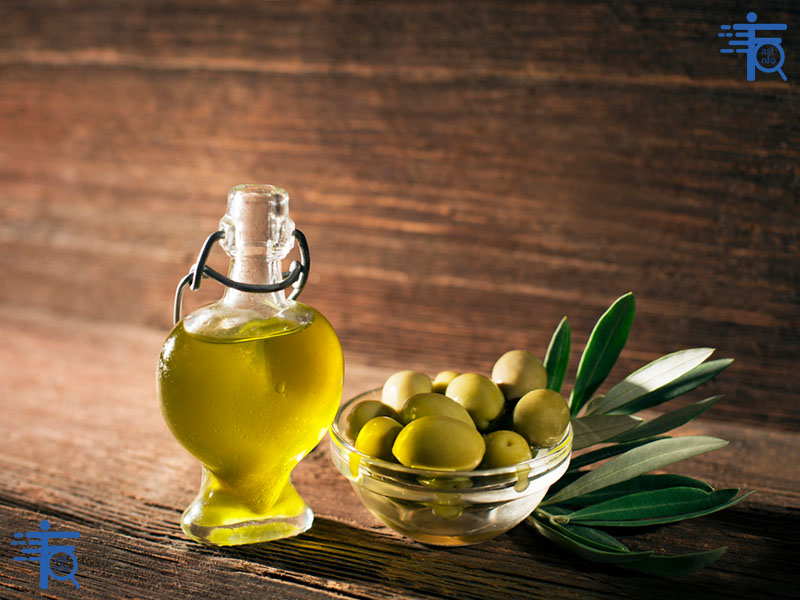
Benefits of Natural Lube
- Body-Friendly: Made from natural ingredients, these lubes are less likely to cause irritation or allergic reactions.
- Eco-Friendly: Many natural lubes are biodegradable and come in sustainable packaging.
- Safe for Sensitive Skin: Free from harsh chemicals, making them ideal for those with sensitive skin or allergies.
- Compatible with Toys: Most natural lubes are safe to use with sex toys, unlike oil-based products that can damage certain materials.
- pH-Balanced: Many natural lubes are designed to match the body’s natural pH, reducing the risk of infections.
Types of Natural Lube
- Water-Based Natural Lube
- Made from water and natural thickeners like aloe vera or flaxseed extract.
- Easy to clean, safe for all skin types, and compatible with condoms and toys.
- May require reapplication as it dries out faster.
- Oil-Based Natural Lube
- Made from natural oils like coconut oil, olive oil, or shea butter.
- Longer-lasting and more moisturizing.
- Not compatible with latex condoms, as oils can break down latex.
- Silicone-Based Natural Lube
- Made from plant-derived silicones.
- Long-lasting and silky smooth.
- Safe for use in water (e.g., showers or pools) but may not be suitable for all silicone toys.
- Hybrid Natural Lube
- Combines water-based and silicone-based ingredients for a balance of longevity and ease of use.
Popular Natural Ingredients in Lubricants
- Aloe Vera: Soothes and hydrates the skin.
- Coconut Oil: Moisturizing and antimicrobial (avoid with latex condoms).
- Shea Butter: Rich in vitamins and deeply nourishing.
- Vitamin E: Promotes skin health and acts as a natural preservative.
- Flaxseed Extract: Provides a smooth, gel-like texture.
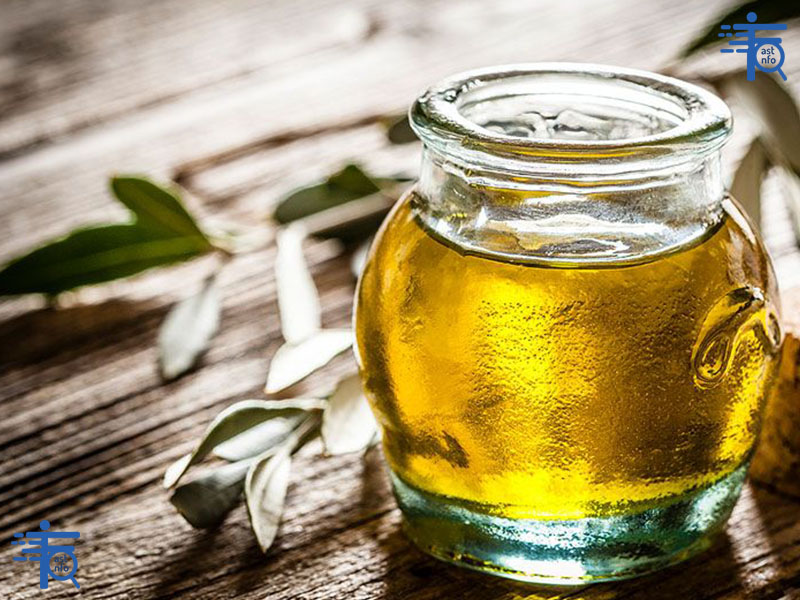
How to Choose the Right Natural Lube
- Consider Your Needs: Are you looking for something long-lasting, moisturizing, or pH-balanced?
- Check Ingredients: Avoid products with synthetic additives, fragrances, or parabens.
- Compatibility: Ensure the lube is safe to use with condoms or toys if needed.
- Skin Sensitivity: Opt for hypoallergenic options if you have sensitive skin.
- Sustainability: Look for eco-friendly packaging and ethically sourced ingredients.
DIY Natural Lube Options
If you prefer homemade solutions, here are some safe, natural options:
- Coconut Oil: Pure, organic coconut oil is a popular choice (avoid with latex condoms).
- Aloe Vera Gel: Use 100% pure aloe vera gel for a soothing, water-based option.
- Olive Oil: A natural moisturizer, but like coconut oil, it’s not condom-compatible.
Always patch-test DIY lubes to ensure they don’t cause irritation.
Potential Drawbacks of Natural Lube
- Shorter Shelf Life: Natural lubes may expire faster than synthetic ones due to the lack of preservatives.
- Allergic Reactions: Some people may still react to natural ingredients like coconut oil or aloe vera.
- Availability: Natural lubes can be harder to find and may be more expensive than conventional options.
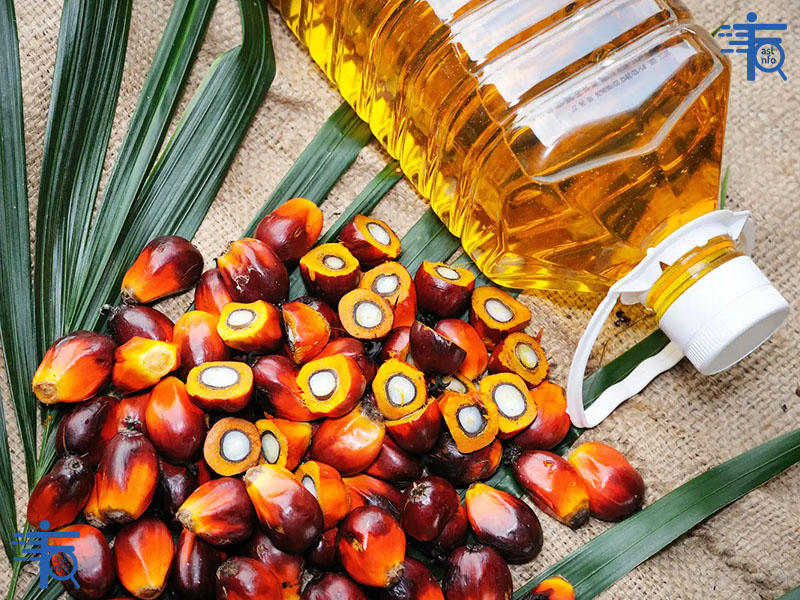
A quick look at the best natural lubes
If you’re searching for a natural lubricant that’s safe, effective, and free from synthetic chemicals, here’s a curated list of some of the best options available. These lubes are made with natural ingredients, body-friendly formulations, and are highly rated by users.
**1. Aloe Cadabra Natural Personal Lubricant
- Key Features:
- Made with 95% organic aloe vera.
- pH-balanced for intimate use.
- Paraben-free, glycerin-free, and gluten-free.
- Best For: Everyday use, sensitive skin, and hydration.
- Why It’s Great: It’s lightweight, soothing, and doubles as a moisturizer.
**2. Good Clean Love Almost Naked Organic Personal Lubricant
- Key Features:
- Water-based and organic.
- Contains aloe vera and lactic acid to maintain natural pH.
- Free from parabens, glycerin, and synthetic fragrances.
- Best For: Those prone to irritation or infections.
- Why It’s Great: It’s gynecologist-recommended and designed to support vaginal health.
**3. Coconut Oil (Organic, Unrefined)
- Key Features:
- 100% natural and multipurpose.
- Moisturizing and antimicrobial.
- Best For: Non-latex condom users or those looking for a DIY option.
- Why It’s Great: It’s affordable, long-lasting, and smells amazing.
- Note: Avoid using with latex condoms, as oil can break down latex.
**4. Sliquid Organics Natural Lubricant
- Key Features:
- Water-based and certified organic.
- Made with plant-based ingredients like green tea and flaxseed.
- Free from parabens, glycerin, and gluten.
- Best For: Vegans and those with sensitive skin.
- Why It’s Great: It’s hypoallergenic and designed to mimic the body’s natural fluids.
**5. Uberlube Luxury Lubricant
- Key Features:
- Silicone-based (with natural derivatives).
- Long-lasting and ultra-smooth.
- Contains vitamin E for added skin benefits.
- Best For: Water play or long-lasting comfort.
- Why It’s Great: It’s luxurious, non-sticky, and a little goes a long way.
**6. Yes Organics Water-Based Lubricant
- Key Features:
- Made with organic aloe vera and Irish moss.
- pH-balanced and free from synthetic ingredients.
- Best For: Eco-conscious users and those with sensitive skin.
- Why It’s Great: It’s gentle, effective, and comes in sustainable packaging.
**7. Sutil Luxe Rich Botanical Lubricant
- Key Features:
- Water-based with natural botanicals like hibiscus and marshmallow root.
- pH-balanced and designed to enhance intimacy.
- Best For: A luxurious, natural experience.
- Why It’s Great: It’s silky, nourishing, and free from harsh chemicals.
**8. Intimate Organics Moisturizing Lubricant
- Key Features:
- Water-based with organic aloe vera and chamomile.
- Free from parabens, glycerin, and synthetic fragrances.
- Best For: Sensitive skin and everyday use.
- Why It’s Great: It’s soothing, hydrating, and easy to clean.
How to Choose the Best Natural Lube for You
- For Sensitive Skin: Look for aloe vera-based lubes like Aloe Cadabra or Good Clean Love.
- For Long-Lasting Comfort: Try silicone-based options like Uberlube.
- For Eco-Friendly Choices: Opt for brands like Yes Organics or Sliquid Organics.
- For DIY Fans: Use organic, unrefined coconut oil (avoid with latex condoms).
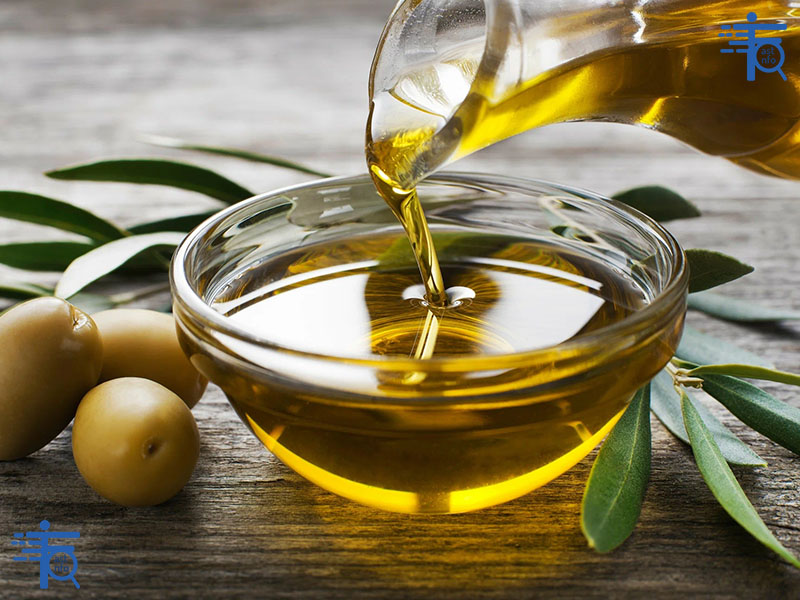
What exactly is ‘natural’?
The term “natural” is often used to describe products, ingredients, or processes that are derived from nature rather than being synthetically manufactured. However, the definition of “natural” can vary depending on the context, industry, or personal perspective. Here’s a breakdown of what “natural” typically means and why it can sometimes be ambiguous:
What Does “Natural” Mean?
- Derived from Nature:
- Natural products are made from ingredients that come from plants, minerals, or animals, rather than being chemically synthesized in a lab.
- Examples: Aloe vera, coconut oil, shea butter, or beeswax.
- Minimally Processed:
- Natural products often undergo minimal processing to retain their original properties.
- For example, cold-pressed oils or raw honey are considered more natural than heavily refined versions.
- Free from Synthetic Additives:
- Natural products typically avoid synthetic chemicals like parabens, sulfates, artificial fragrances, or preservatives.
- Eco-Friendly and Sustainable:
- Many natural products are sourced in ways that are environmentally friendly and sustainable, such as using organic farming practices or biodegradable packaging.
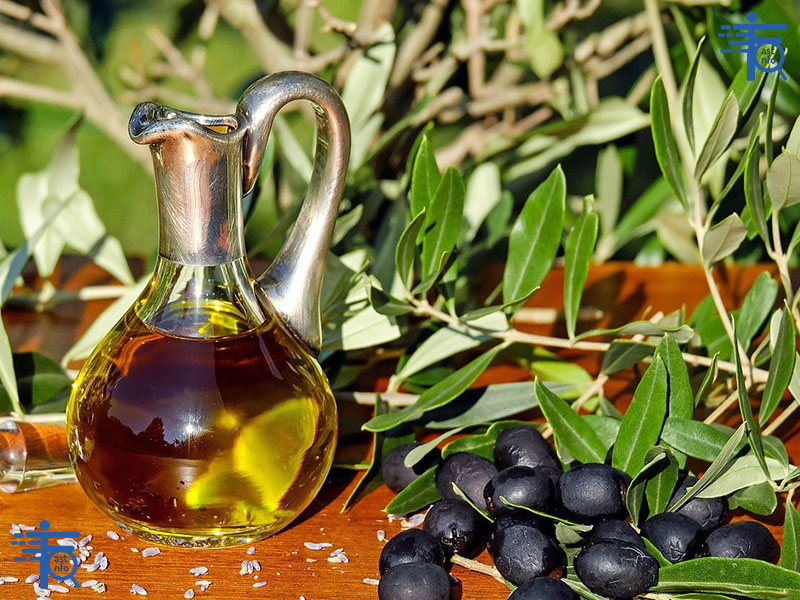
Why the Term “Natural” Can Be Ambiguous
- Lack of Regulation:
- In many industries (e.g., cosmetics, food, and personal care), the term “natural” is not strictly regulated. This means companies can label products as “natural” even if they contain some synthetic ingredients or undergo significant processing.
- Varying Standards:
- Different organizations and certifications (e.g., USDA Organic, Ecocert) have their own definitions of what qualifies as natural, leading to confusion.
- Marketing Hype:
- The term “natural” is often used as a marketing buzzword to appeal to consumers seeking healthier or eco-friendly options, even if the product isn’t entirely natural.
- Subjectivity:
- What one person considers natural might differ from another’s perspective. For example, some people might consider honey natural, while others might not if it’s heavily processed or filtered.
How to Identify Truly Natural Products
- Read the Ingredients List:
- Look for recognizable, plant-based, or mineral-based ingredients. Avoid products with long chemical names or synthetic additives.
- Check for Certifications:
- Look for labels like USDA Organic, Ecocert, or COSMOS, which indicate stricter standards for natural and organic products.
- Research the Brand:
- Choose brands that are transparent about their sourcing, manufacturing processes, and commitment to sustainability.
- Avoid Greenwashing:
- Be cautious of products that claim to be “natural” but contain synthetic ingredients or harmful chemicals.
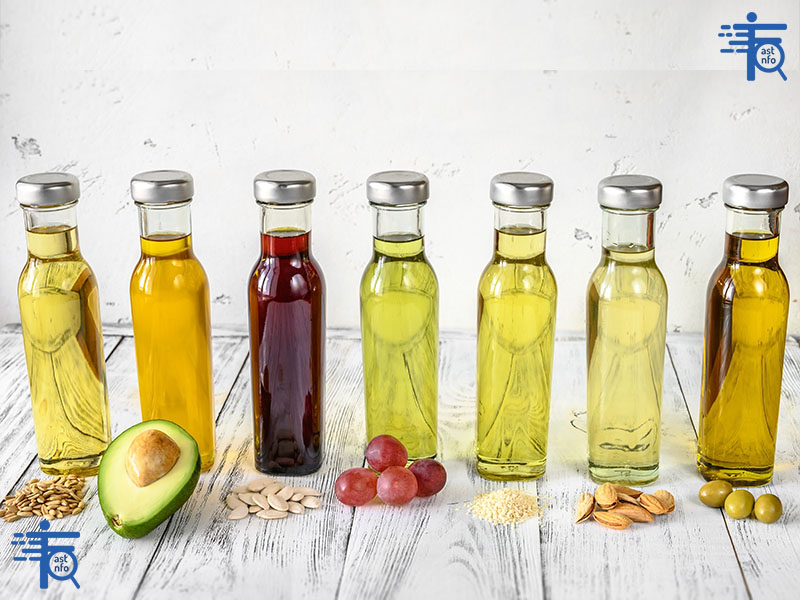
Is it the same thing as ‘organic’?
No, “natural” and “organic” are not the same thing, although they are often used interchangeably in marketing. While both terms emphasize a focus on health, sustainability, and environmental responsibility, they have distinct meanings and standards. Here’s a breakdown of the differences:
What Does “Natural” Mean?
- Definition:
- “Natural” refers to products or ingredients derived from natural sources (plants, minerals, or animals) rather than being synthetically manufactured.
- It implies minimal processing and the absence of synthetic additives like artificial fragrances, parabens, or sulfates.
- Regulation:
- The term “natural” is not strictly regulated in many industries (e.g., cosmetics, food, and personal care). This means companies can use the label even if the product contains some synthetic ingredients or undergoes significant processing.
- Examples:
- Aloe vera gel, coconut oil, or beeswax.
What Does “Organic” Mean?
- Definition:
- “Organic” refers to products or ingredients that are grown or produced without the use of synthetic pesticides, fertilizers, genetically modified organisms (GMOs), antibiotics, or hormones.
- Organic farming practices emphasize soil health, biodiversity, and ecological balance.
- Regulation:
- The term “organic” is highly regulated in many countries. For example, in the U.S., the USDA Organic certification requires products to meet strict standards, including:
- At least 95% organic ingredients for the “USDA Organic” label.
- No synthetic pesticides or fertilizers.
- Adherence to sustainable farming practices.
- The term “organic” is highly regulated in many countries. For example, in the U.S., the USDA Organic certification requires products to meet strict standards, including:
- Examples:
- Organic fruits and vegetables, organic cotton, or certified organic skincare products.
Can a Product Be Both Natural and Organic?
Yes! Many products are both natural and organic. For example:
- A skincare product made with organic aloe vera and organic coconut oil would be both natural (derived from nature) and organic (grown without synthetic chemicals).
- However, not all natural products are organic, and not all organic products are 100% natural (e.g., they may contain some processed organic ingredients).
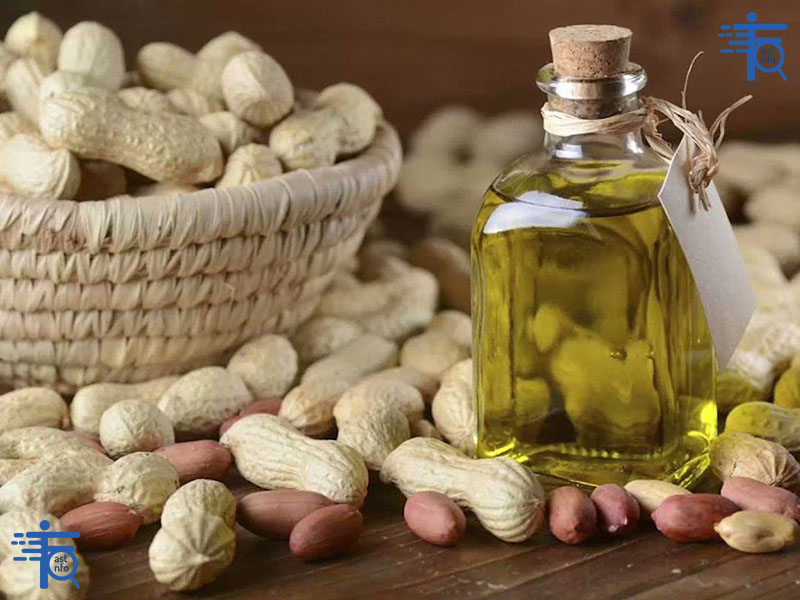
How to Tell the Difference
- Read Labels Carefully:
- Look for certifications like USDA Organic, Ecocert, or COSMOS to identify truly organic products.
- For natural products, check the ingredients list for recognizable, plant-based, or mineral-based components.
- Understand the Brand’s Philosophy:
- Research the brand’s commitment to natural or organic practices.
- Avoid Greenwashing:
- Be cautious of products labeled “natural” or “organic” without proper certifications or transparency about ingredients.
fastinfosearch site provides the best information
Suggested content:
The Best Yeast Infection Pills, Creams, and Treatment Options





No comment